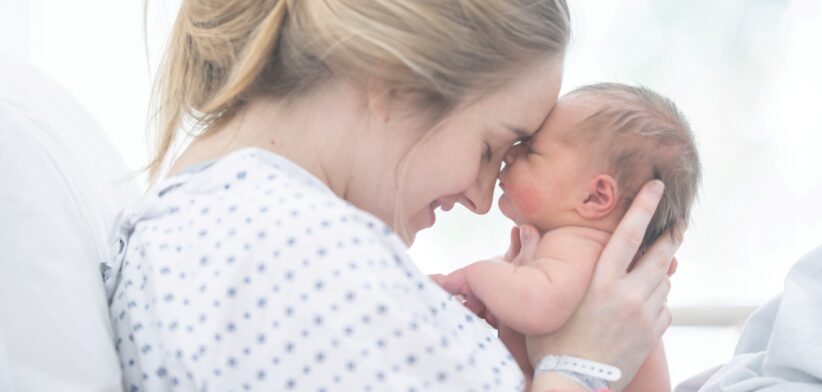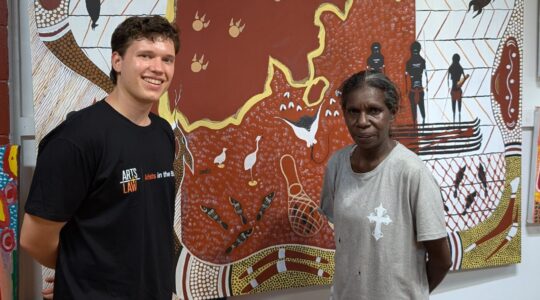The company behind Queensland’s longest-running fertility donor program has thrown its support behind a national donor register.
Queensland Fertility Group (QFG), pioneers of assisted reproduction treatment and medicine in the state, is backing the donor-conceived community’s ability to access information about their donors.
QFG Scientific Director Dr Kristy Demmers said a compulsory national donor register, which was one of the recommendations made in the industry’s 10 Year National Fertility Roadmap, was a logical extension of Queensland’s own donor conception information register, which was legislated in September to come into effect late in 2026.
Dr Demmers said with more Australians turning to IVF to start families, a national register was a valuable tool in ensuring the rights of children, parents and donors were protected.
She said this was increasingly important as IVF now contributed to approximately six percent of all births in Australia, with the Australian and New Zealand Assisted Reproduction Database stating one in every 18 babies in Australia was now born through IVF.
“Demand for fertility services will only increase with the rising age of first-time parents and declining fertility rate in Australia.”
Dr Demmers said QFG, which started in 1984 when Queensland’s first IVF baby was born, backed continual innovation and supported the four-pillar approach outlined in the Roadmap, developed by the Fertility Society of Australia and New Zealand, covering Governance, Safety & Efficacy, Access and Research & Technology.
She said an important aspect of the Governance component was the call to rationalise national laws and standards across the country.
“Across all states and territories there are 30 pieces of legislation associated with ART, with a lack of consistency creating potential risks and challenges for children, parents and donors.”
Dr Demmers said the Roadmap set out a number of recommendations including:
- Developing a Uniform National Fertility Law for IVF, informed by all stakeholders, which would be adopted by all jurisdictions.
- Developing a single National Health Standard for egg and sperm donation to ensure consistency and safety across all jurisdictions.
- Establishing a Single National Standard that guaranteed the rights of children to seek information about their parentage and respects the rights of donors.
- Creating a single National Register and bank for donors and donor-conceived individuals.
She said the national register would provide a centralised system for tracking and accessing critical information, providing transparency and traceability.
“It will uphold a child’s right to know their biological origins and learn about their heritage and identity.”








